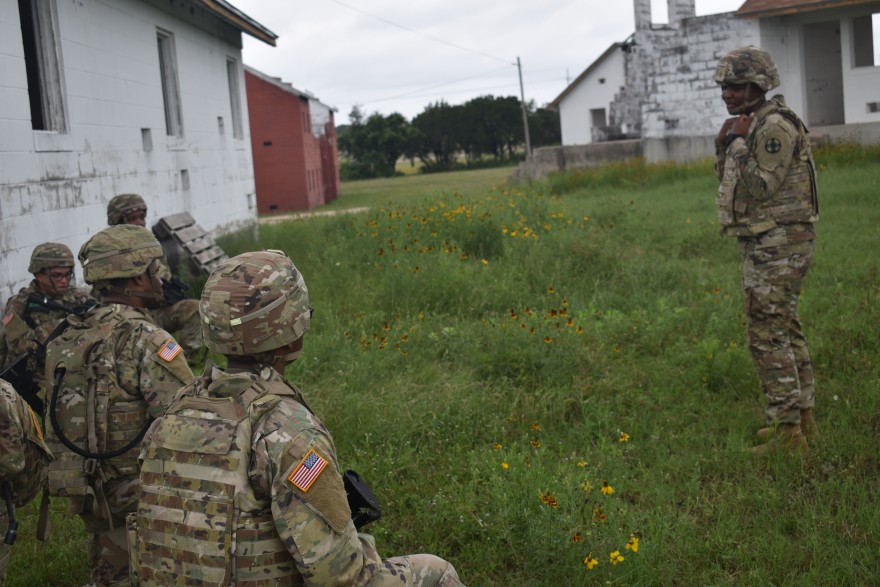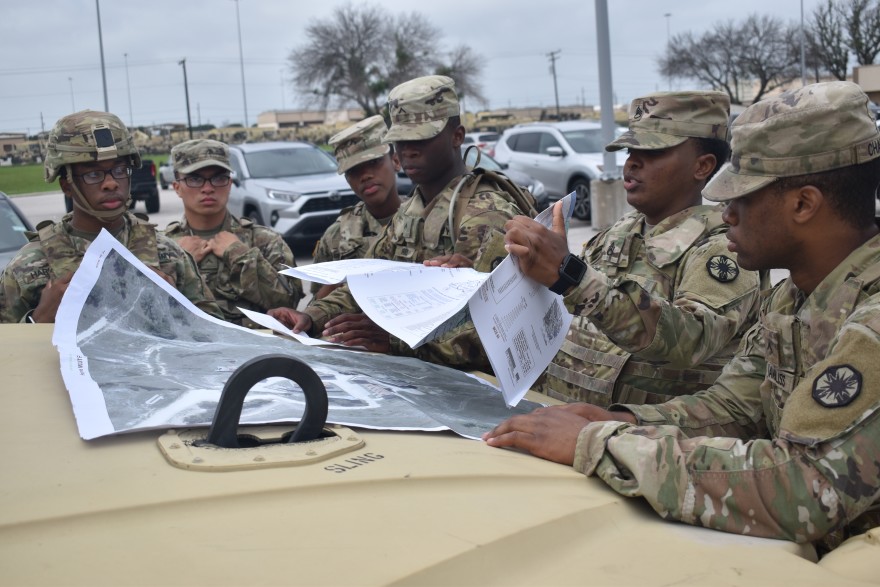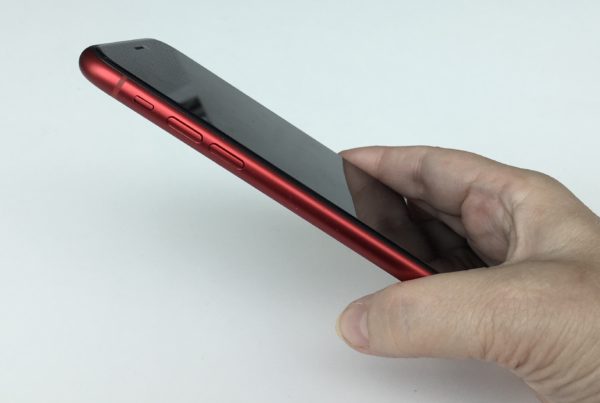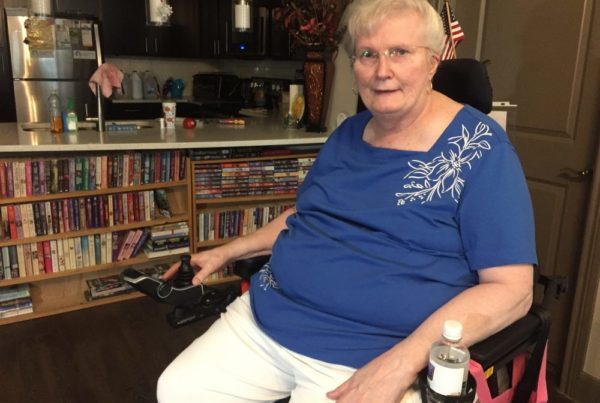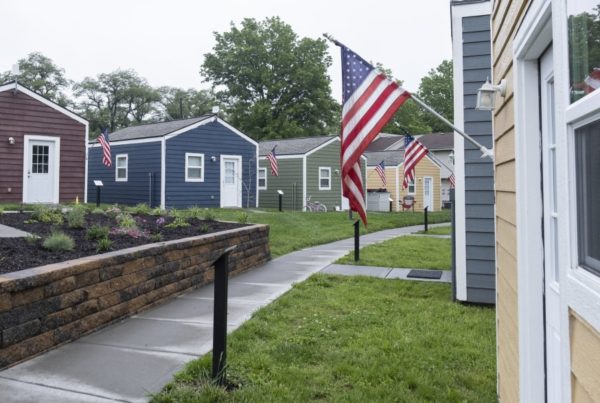When 28-year-old Ebony Rice became an Army drill sergeant in 2018, she adopted the leadership style that’s often associated with the job: loud, demanding and hyper-focused on making sure recruits followed the rules and worked as a team.
“The environment that we’re in, we have to have that demeanor where we’re tough and we’re hard on them,” Rice said.
But during one basic training cycle, Rice got a wakeup call. One of her recruits was being sexually preyed upon by another soldier but didn’t feel safe telling Rice about it.
“The offender at the time was close to me,” Rice said. “They felt like they could not come to me because they felt like I would have taken that person’s side.”
Rice took a hard look at her own behavior and the kind of relationships she had with her soldiers. She concluded that she needed to strike a better balance between toughness and approachability.
“Going forward, I had to make sure I made it clear, ‘Hey, I care more about making sure that you all are in a safe environment,” she said. “I’m not going to defend my battle buddy when they’re doing something wrong to you.’”
Now Rice is taking part in an Army squad leader development program called Strong Sergeants. It brings junior and mid-level non-commissioned officers together in a non-threatening atmosphere to solve common leadership problems. The training covers basic technical and tactical skills and aims to help young leaders develop a hands-on approach and a positive communication style.


